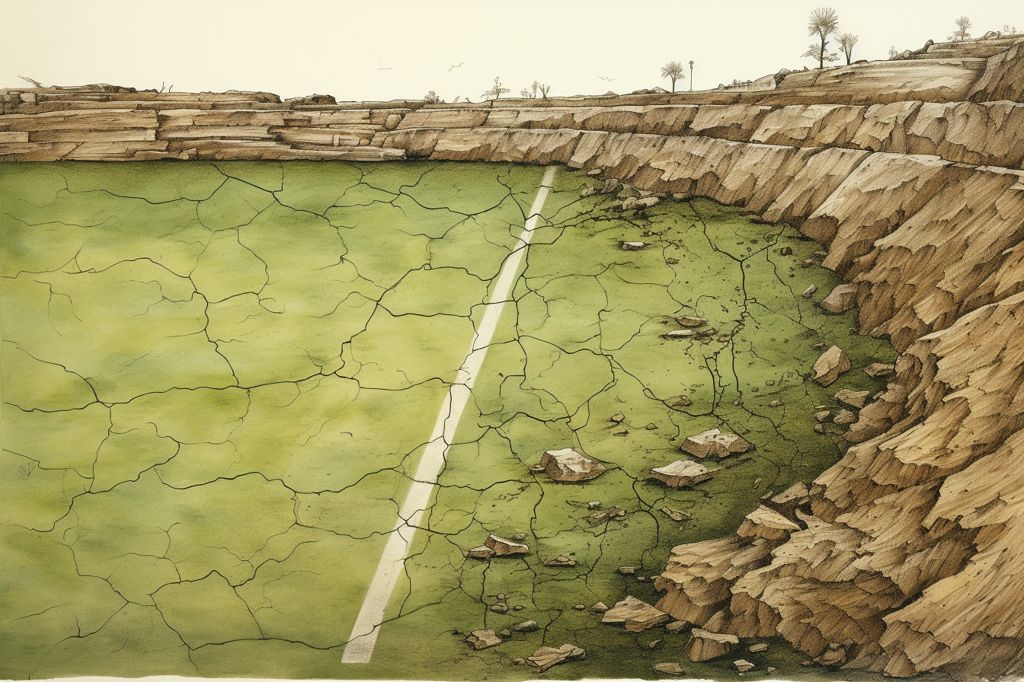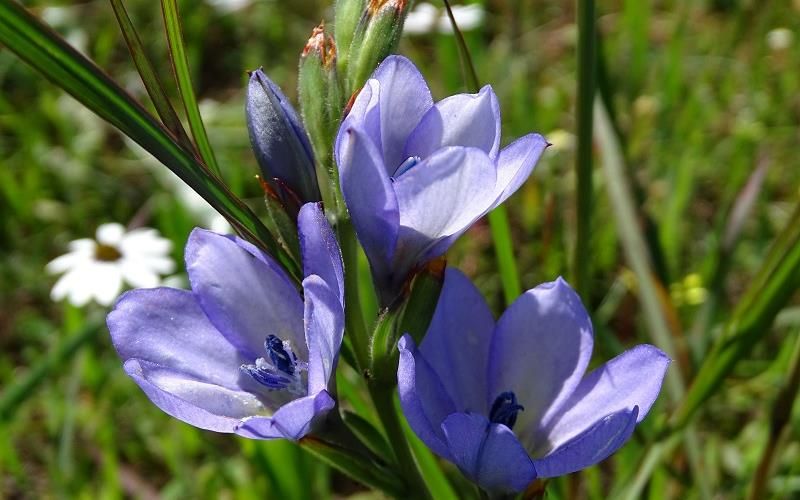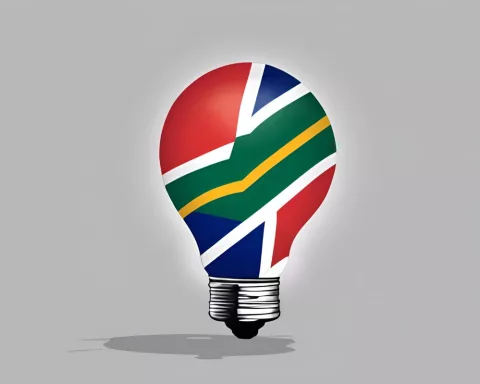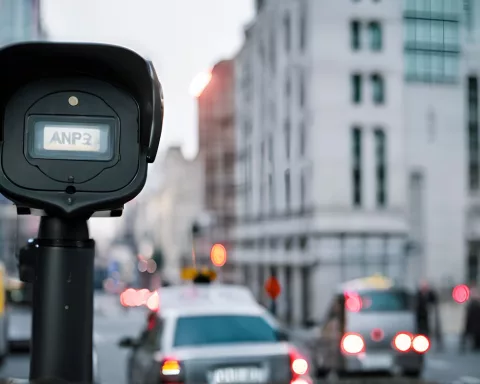In honor of Women’s Month, Koleka Makanda, a former female footballer and sports enthusiast, is pursuing her PhD in Environmental and Water Sciences with a focus on Water Resource Protection. Makanda, who hails from Buffalo Nek, Mount Frere in the Eastern Cape, is currently in her final year at the University of the Western Cape (UWC).
Financial Support from the Department of Water and Sanitation
Makanda acknowledges that academic pursuits require discipline, commitment, and substantial financial resources. The Department of Water and Sanitation‘s bursary program has been instrumental in her academic journey since 2009 when she pursued a Postgraduate Diploma in Integrated Water Resource Management at UWC.
Passion for Water and Football
Apart from her passion for the water sector and her desire to find lasting solutions to water pollution, Makanda is also a dedicated football player. She has represented South Africa in international tournaments in Bangkok, Serbia, and Uganda with the national student team through the University Sports South Africa (USSA).
Coordination of Water Resource Classification Projects
After joining the Department of Water and Sanitation in 2010 as a graduate trainee, Makanda now works as a Production Scientist, coordinating water resource classification projects. She has three published research papers to her credit, focusing on policy implementation for water resource protection, assessing feasibility at the catchment level, and evaluating the role of water resource protection in sustainable management.
Encouraging Women in the Water Sector
Makanda believes that young people, particularly women, can make a significant impact in the water sector. She encourages them not to let their communities limit them and to dream big.
Bursaries Available for Interested Students
The Department of Water and Sanitation offers bursaries for grade 12 learners and first-year postgraduate students interested in the water and sanitation fields. The bursary program focuses on learners with outstanding academic performance, financial need, and the relevant skill set in the sector. Applications will close on 30 November 2023, and application forms can be sent by email to bursaries@dws.gov.za. For more information, students are encouraged to visit the Department’s website at www.dws.gov.za.








